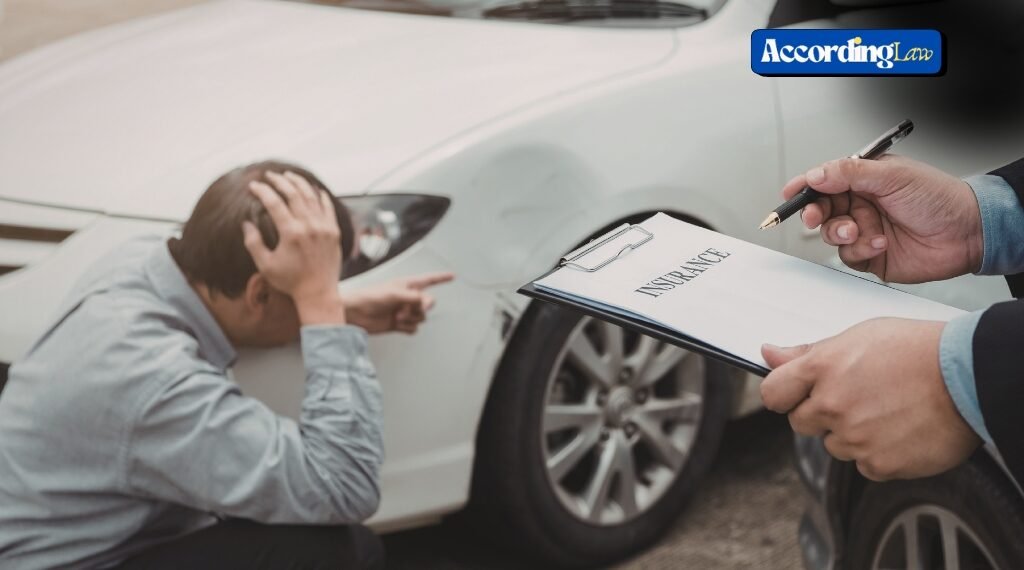Las Vegas is one of the most heavily monitored cities in the U.S. Cameras are everywhere, in casinos, on streets, and inside hotels. For any Las Vegas injury firm handling wrongful death cases, this footage can be a game-changer.
Table of Contents
Why Surveillance Footage Matters
In fatal injury cases, proving exactly what happened is often the hardest part. Eyewitness accounts can be unreliable or unavailable. But video footage provides real-time, unbiased evidence of events as they occurred.
On the Las Vegas Strip, surveillance systems record 24/7. This includes casino floors, hotel lobbies, parking garages, and sidewalks. These recordings can reveal the moments leading up to, and following, a fatal incident.
Establishing The Timeline
One of the first things attorneys need is a clear timeline. When did the incident happen? Where exactly did it occur? Surveillance footage helps answer these questions with precision.
A detailed timeline is crucial for identifying the responsible parties. It also helps determine whether proper safety protocols were followed. Without video evidence, these details can easily be lost or contested. In crowded, chaotic environments like the Strip, footage can clarify what dozens of witnesses might have missed.
Identifying The Liable Parties
Video footage can directly show who was involved in an incident. This includes employees, security personnel, or third-party contractors. It may also show bystanders who can serve as valuable witnesses.
In wrongful death cases, liability isn’t always obvious. A fall in a casino, for example, could result from a wet floor, poor lighting, or security neglect. Footage helps pinpoint the exact cause, and who should be held accountable. Sometimes, multiple parties share liability. Footage helps attorneys build a case that reflects the full scope of fault.
Proving Negligence Or Misconduct
To win a wrongful death case, negligence must be proven. That means showing that someone failed in their legal duty to protect or act responsibly. Surveillance video often captures that failure.
Whether it’s a hotel staff member ignoring a dangerous condition, or security responding too late, the footage tells the story. It can show how long a hazard existed before action was taken. It can also highlight whether proper procedures were followed in an emergency. Without video, these details might be argued in court. With video, they’re hard to dispute.
Securing Footage Quickly Is Crucial
Time is a major factor when it comes to surveillance evidence. Many systems automatically delete footage after a few days or weeks. If action isn’t taken quickly, critical video can be lost forever.
Attorneys usually send a formal preservation request to the business or property owner. This ensures the footage is saved and not overwritten. But this step must happen soon after the incident. Families working with a law firm early improve their chances of preserving important video evidence.
Public Vs. Private Cameras
Las Vegas has both public and private surveillance systems in place. Public cameras are managed by law enforcement or city agencies. Private cameras are owned by casinos, hotels, stores, or even individuals.
Getting access to private footage usually requires cooperation or legal action. Casinos, in particular, are very protective of their recordings. A skilled attorney knows how to request this evidence in a manner that is both legal and efficient.
Public footage may be easier to obtain but is often limited in scope. In many cases, both types are needed for a full picture.
How Footage Strengthens A Legal Case
Having video evidence significantly increases the strength of a case. It removes ambiguity and adds credibility to the claims. Judges and juries respond strongly to visual proof.
Footage can also discourage defendants from fighting the case. If the evidence is clear, they may be more likely to settle. This can save families from the emotional toll of a lengthy court battle.
Ethical And Legal Considerations
There are legal rules governing the use of surveillance footage. Privacy rights, camera placement laws, and consent issues all come into play. Attorneys must ensure they’re accessing and presenting the footage lawfully.
If the footage was obtained improperly, it could be dismissed in court. That’s why it’s essential to work with professionals who understand both state and federal privacy laws.
Conclusion
In a city filled with cameras, surveillance footage can make or break a case involving a fatal injury. It helps clarify what happened, who was responsible, and how to pursue justice. A Las Vegas injury firm handling wrongful death cases knows exactly how to leverage this powerful tool.


